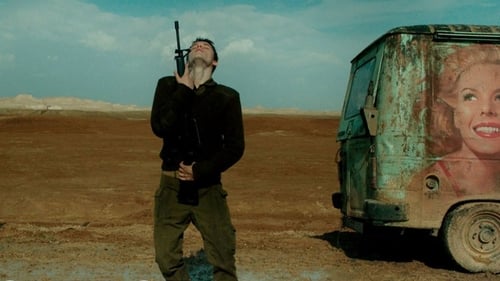
Music
He is known as the Nazi officer who saves "The Pianist" -Wladyslaw Szpilman, in the Roman Polanski film, but his German hometown from which he ran the local school and went to the war, still refuses to recognize him as a hero. 70 years after the end of the war, a group of residents demand to commemorate the Nazi Officer, Wilm Hosenfeld, in the local school and the reactions are stormy. In the meantime, Hosenfeld's grandchildren discover their grandfather's secret diaries in which he documented Nazi war crimes and they embark on a journey of discovery. During this journey, they will find out that their grandfather was a serial savior and aside from "The Pianist", another 60 people owe him their lives.

Original Music Composer
Отношения между врачом и пациентом не бывают простыми, а уж если пациент не умеет говорить, дело становится совсем трудным. Протагонисты – ветеринар Ариэла и смотритель больницы для диких животных Шмулик – сталкиваются с этими проблемами ежедневно, как и с вопросами, которые применимы не только к работе с животными.

Music
Михаэлю и Дафне сообщают о смерти их сына, который исполнял воинский долг. Для супругов это известие становится настоящим ударом, который выбивает их из колеи. В это время на одном из КПП несколько солдат проводят свои служебные будни. Один из них Йонатан — сын Михаэля и Дафны.

Original Music Composer
Their family name alone evokes horror: Himmler, Frank, Goering, Hoess. This film looks at the descendants of the most powerful figures in the Nazi regime: men and women who were left a legacy that indelibly associates them with one of the greatest abominations in history. What is it like to have grown up with a name that immediately raises images of genocide? How do they live with the weight of their ancestors' crimes? Is it possible to move on from the crimes of their ancestors?



